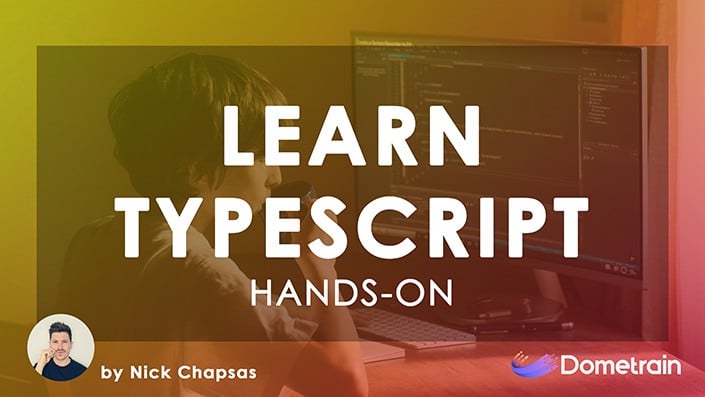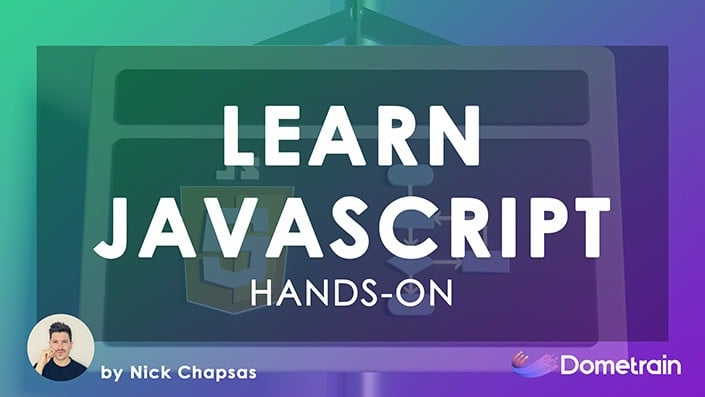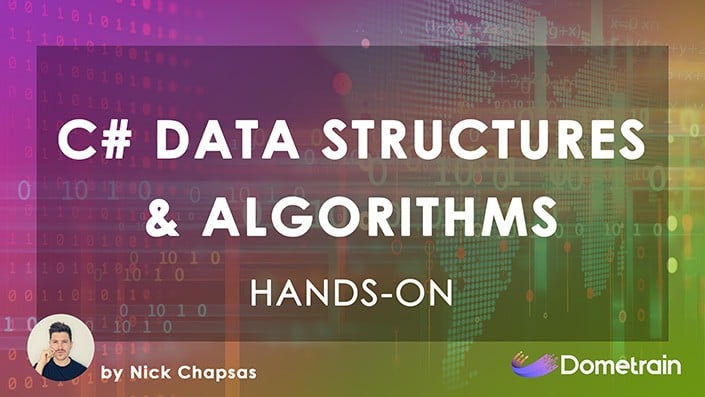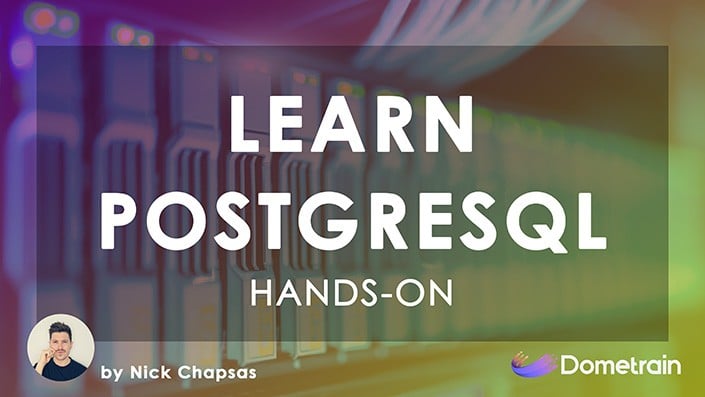Getting Started: GraphQL in .NET
Learn GraphQL in .NET with this comprehensive course. Covering key concepts like query patterns, mutations and subscriptions, this course equips you to build efficient APIs with C#.
About This Course
Course Curriculum
Meet Your Instructor
© 2026 Dometrain. All rights reserved.



















